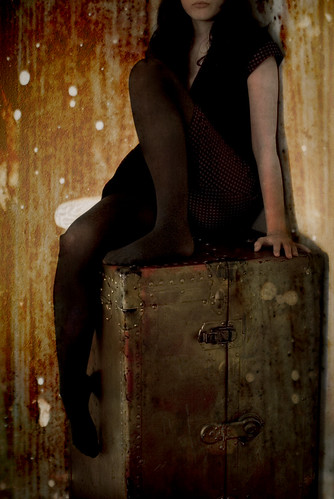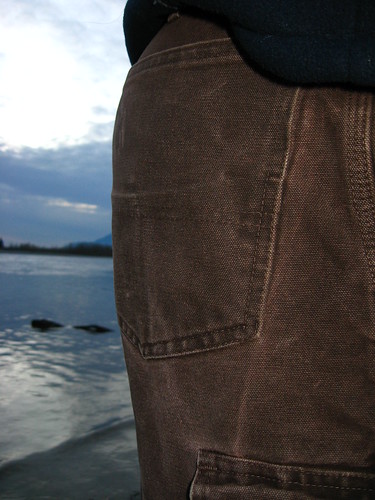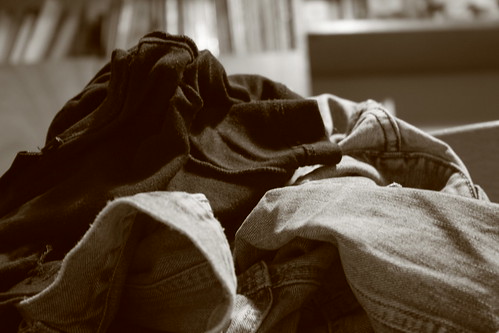
Michael held Veronica’s only hand, trying to convince himself the beads of sweat were normal wedding day jitters. He looked down at his fianceé; in a matter of minutes, his wife. Ronnie often marveled that people assumed her physical defects indicated mental deficiencies as well. The wedding dress hid her lack of legs, but could not hide her missing left arm, nor the wheelchair she required for mobility. He peered through the largely transparent veil at her face. She was pretty, even by normal societal standards: blonde, blue-eyed, enviable bone structure. The malformation of her neck muscles forced her head to loll at an awkward angle, though, and made holding her jaw closed difficult. He appreciated that she was putting in the effort to keep her mouth shut, fixed in her magic smile. The cynical thought that she might be mostly trying to keep drool off her dress could not be suppressed.
His friends called him brave. Her family thought him a hero. But he kept thinking of the stripper last night, the greasy expanse of her thighs. The priest asked him to say “I do,” which he did. His mind added the silent addendum, “…wish Ronnie had thighs.”









